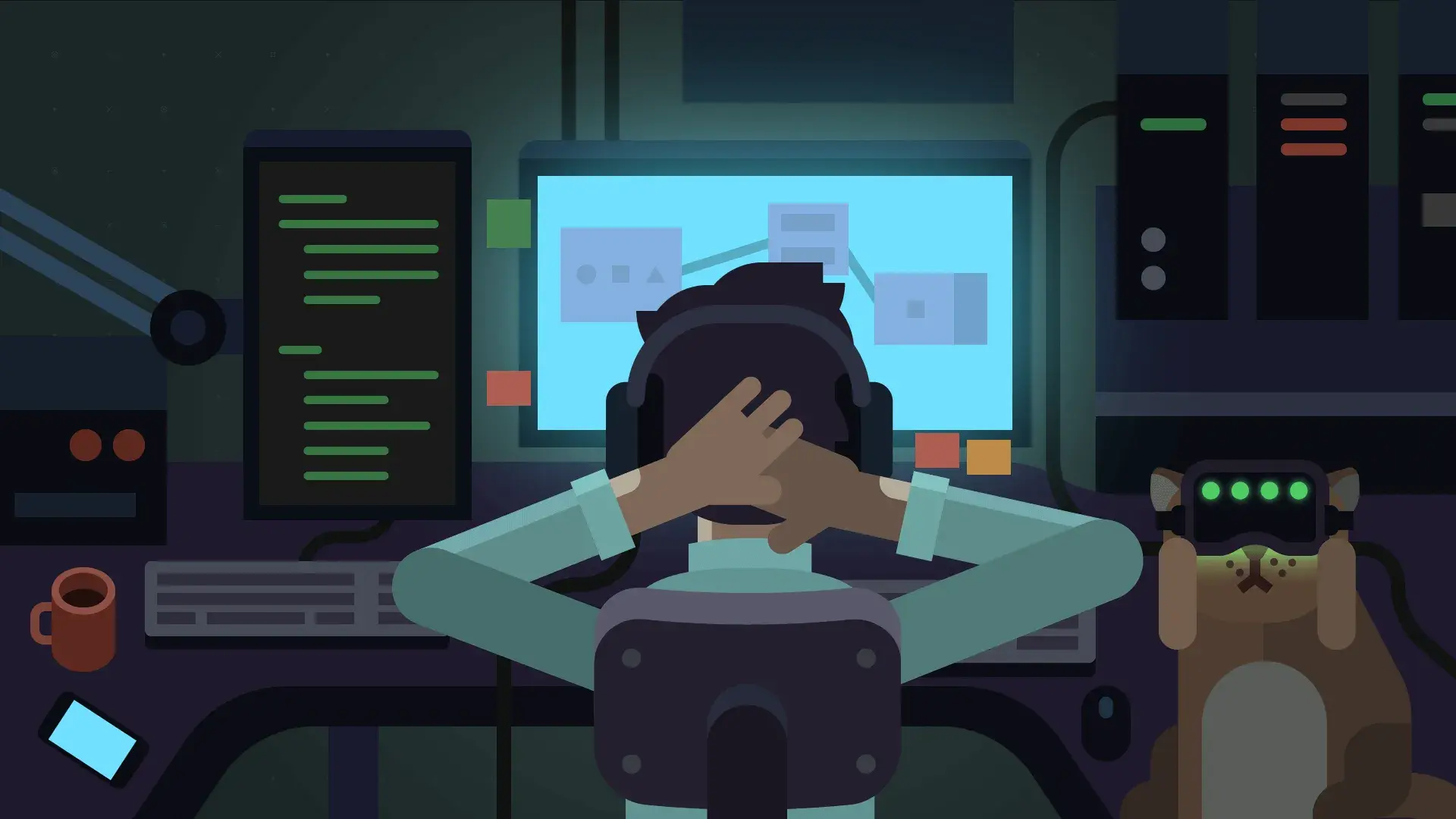There are a lot of questions and intentions to move into gamedev from developers who are burnt out at their jobs. And that's okay. From my own experience, I have a couple of pieces of advice that are not very professional.
1. It won't save you from everything you're so tired of.
Firstly, game development, like other areas, is full of its own nuances and pitfalls. And given that a person gets used to everything, you will soon find yourself in the same position. It’s better to look at game development as a hobby, a distraction from your main job. Moreover, for the first few years you will still not be able to earn enough to support yourself and your family.
2. There are no universal tools.
The main question in any field of programming today is which framework and programming language to learn. Here everyone will choose their own - what they can master. But it’s worth noting that in game development when switching, for example, from web development, you need to understand that you won’t be able to use React or even JavaScript if you want to become a real pro. You have to be willing to study hard. These are low-level languages - C, C++, Rust, and the basics of mathematics and physics, and possibly machine learning. It won't be easy, you just have to keep going. Take a break and study further. There is no need to strive to immediately choose the top and most complex tools; the main thing is to start somewhere.
3. This is a market with tough players.
If you think that you can create a game in a couple of months and immediately start making money, then this is not so. Of course, you can try, but the network is already full of low-grade content, and sometimes you just wonder about the mental health of the “creator”. I think it’s better to create one project, but ideal, adequate and interesting.
4. Hype is temporary, and you only live once.
Lots of technologies, engines, etc. surrounded by a lot of hype. This is not bad for the creators of these things, but if you run after the clouds, you will never get anything done. Let your achievements be modest, but they will be yours. This will save you from burnout at your main job, otherwise there will only be dissatisfaction with yourself.
Add your own...

My advice: Give up.
You're either going to be drafted into insanely toxic work conditions and learn first-hand just how abusive the gamedev scene is, or you're going to make a solo project only for it to get absolutely no traction because nobody knows who you are and nobody's first game is ever any good. Yes some people do get ahead in this system, but you're not seeing the 99% of what they had to do to get to that point.
If you're not prepared to work for literally free for months on end, don't bother. You're probably thinking "its can't be that bad" It's that bad. Your victory state is actually getting included in the credits.
As a normal software dev, I wouldn't want to work in the games industry at all. There's plenty of interesting and well paying work in this field.
And then I tinker on the side. I don't think it's ever been easier to make your own games as a hobby. So many great tools and resources to learn from. PICO8 has been a blast, but going to learn something more capable soon - not sure if that'll be Godot, Raylib, or LibGDX yet, but I'll probably but I'll probably try prototyping some stuff to figure it out.
This is the way, get a job in an adjacent field and then do gamedev as a hobby.